Best Companion Plants For Elderberry
Title: Best Companion Plants for Elderberry
Introduction:
Elderberry is a versatile and hardy shrub that can be grown in a variety of climates. It is also a valuable medicinal plant, with berries that can be used to make syrups, teas, and other remedies. When choosing companion plants for elderberry, it is important to consider the plant's needs in terms of sunlight, water, and soil type. Additionally, some companion plants can help to deter pests and diseases, while others can improve the overall health and productivity of the elderberry plant.
Main Content:
Here are some of the best companion plants for elderberry:
- Bee balm: Bee balm is a flowering plant that attracts pollinators, which can help to improve the pollination of elderberry flowers. It also helps to deter pests, such as Japanese beetles and aphids.
- Clover: Clover is a nitrogen-fixing plant, which means that it can help to improve the nitrogen content of the soil around the elderberry plant. This can help the elderberry plant to grow and produce more berries.
- Fennel: Fennel is a tall, upright plant that can help to provide shade for the elderberry plant. It also helps to deter pests, such as cabbage moths and Japanese beetles.
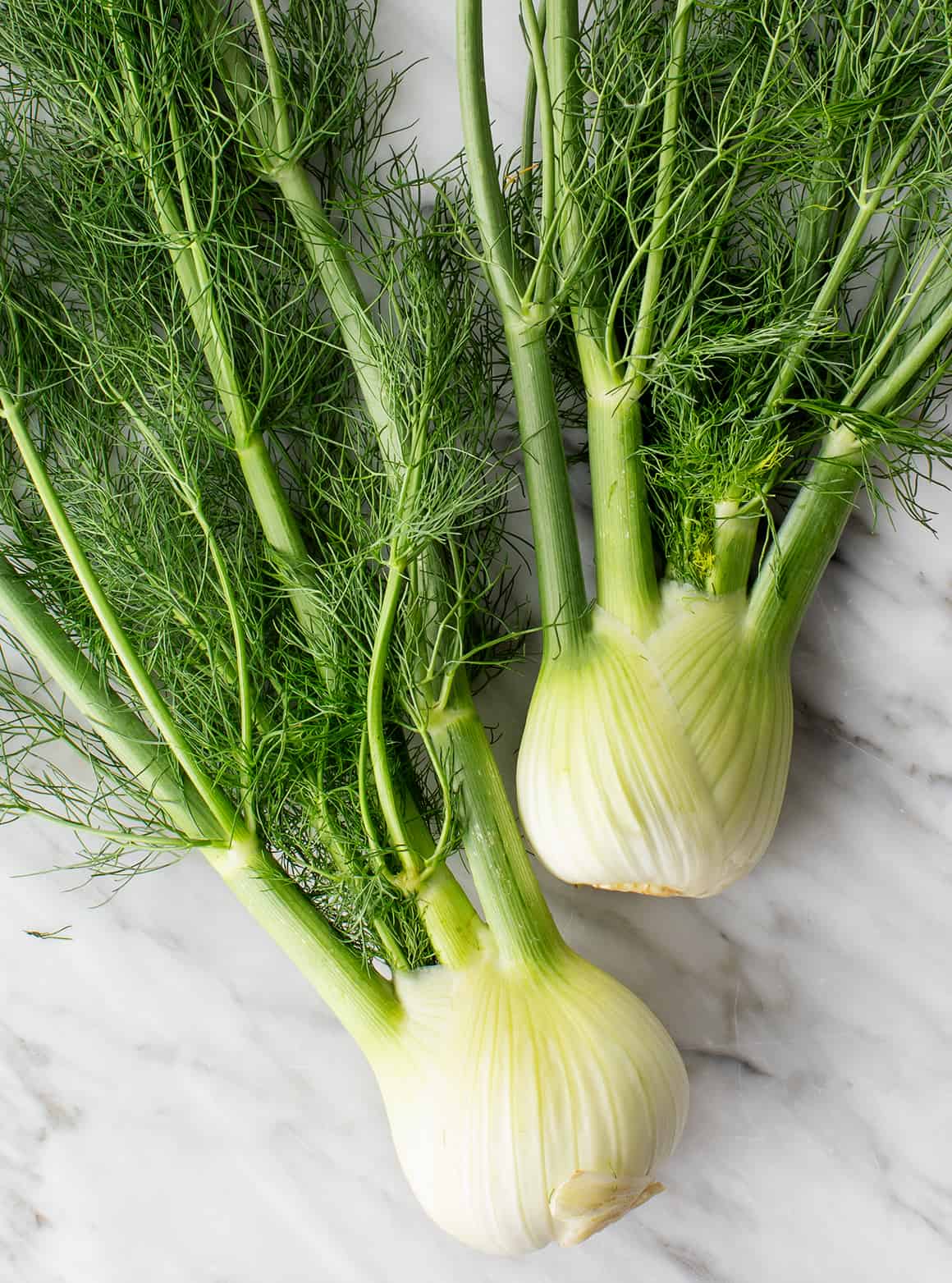
- Hyssop: Hyssop is a flowering herb that attracts pollinators and helps to deter pests. It also has medicinal properties that can be used to treat a variety of health problems.
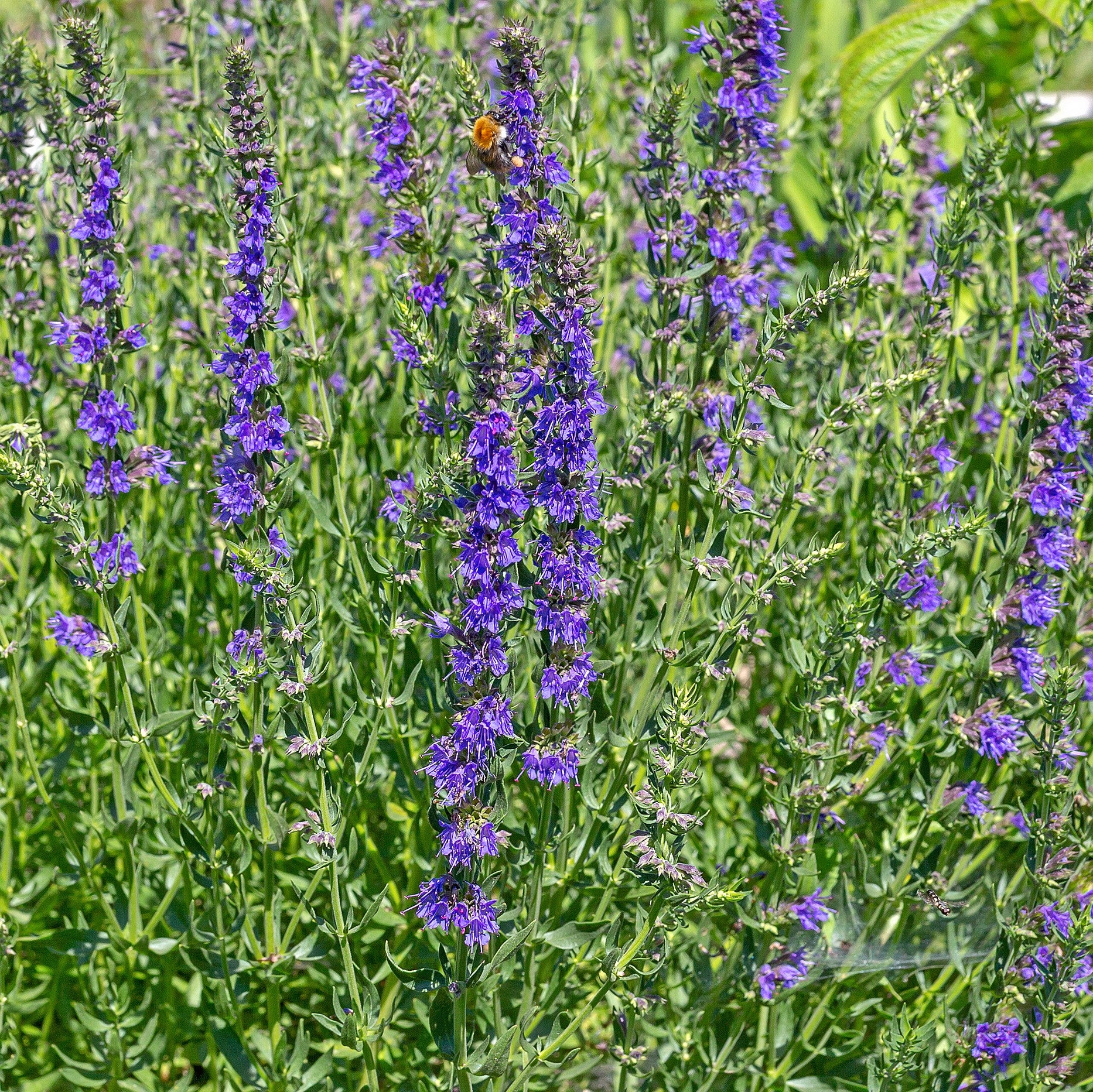
- Lavender: Lavender is a fragrant herb that can help to deter pests, such as mosquitoes and moths. It also helps to improve the overall health of the elderberry plant.
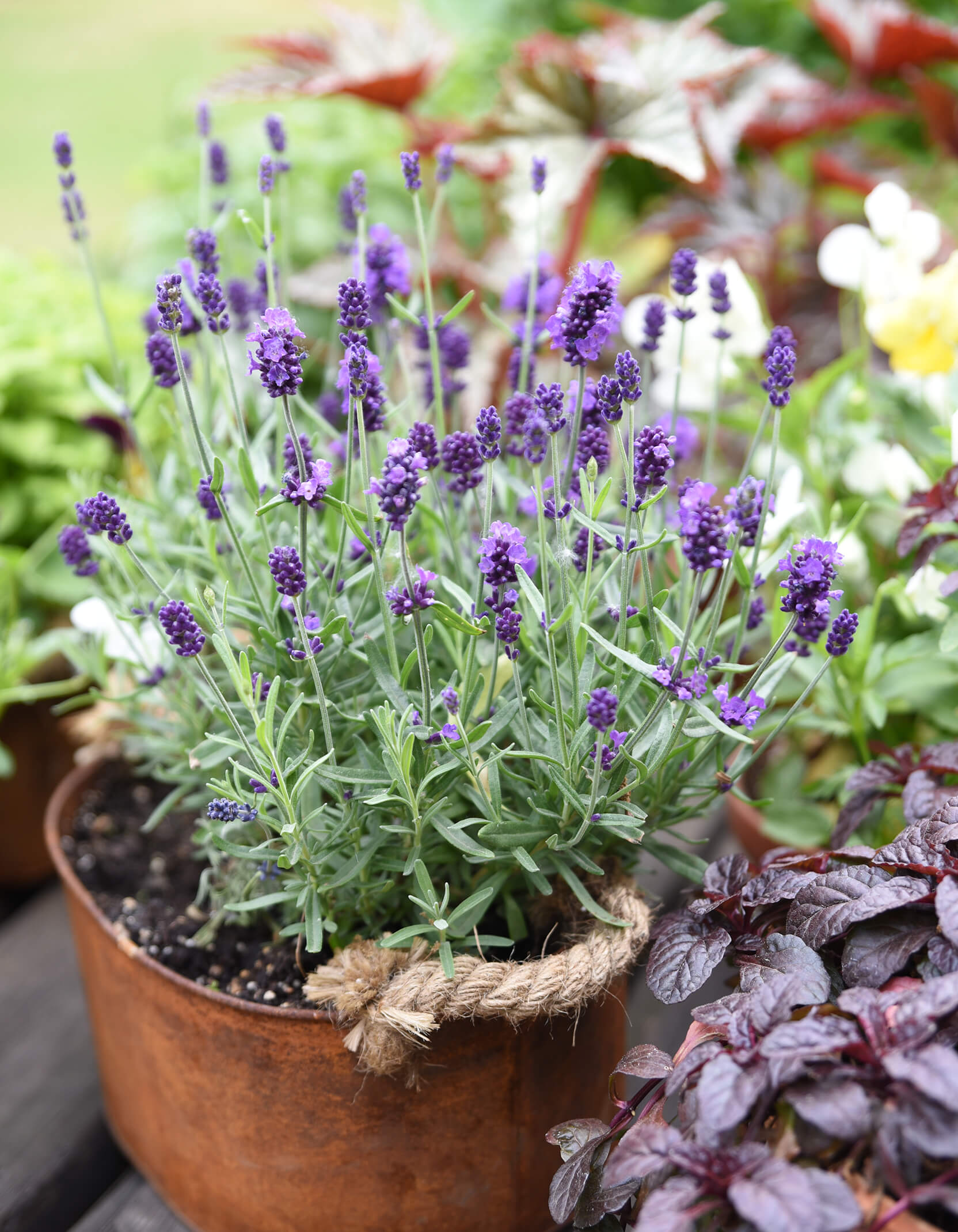
- Marigold: Marigolds are flowering plants that attract pollinators and help to deter pests. They also help to improve the drainage of the soil around the elderberry plant.

- Mint: Mint is a fast-growing herb that can help to deter pests, such as ants and slugs. It also helps to improve the flavor of elderberry syrups and teas.
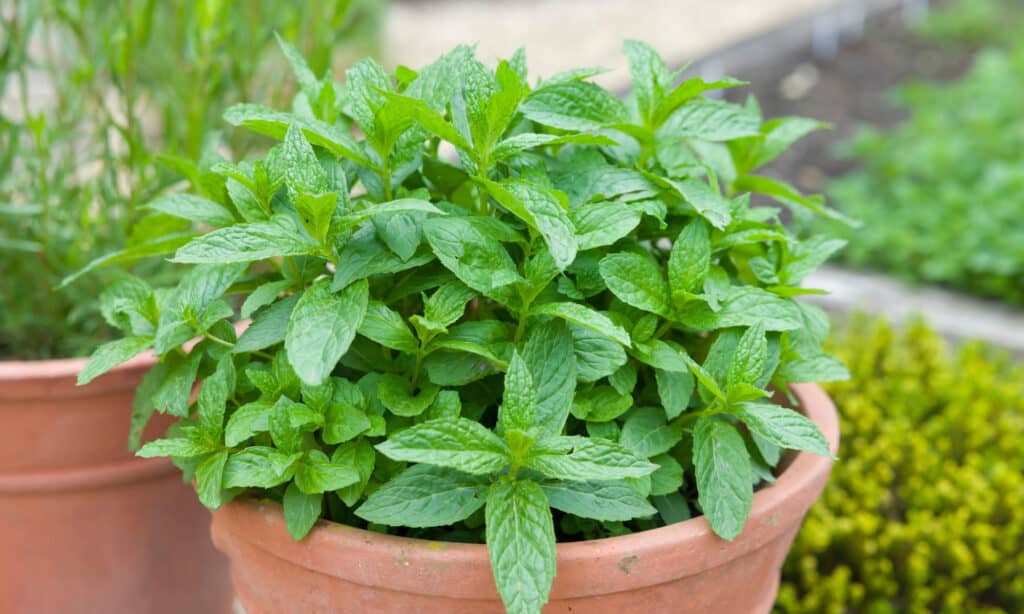
- Onion: Onions are a strong-scented vegetable that can help to deter pests, such as deer and rabbits. They also help to improve the drainage of the soil around the elderberry plant.

- Peony: Peonies are flowering plants that can help to attract pollinators and improve the overall health of the elderberry plant. They also help to deter pests, such as Japanese beetles and aphids.

- Rosemary: Rosemary is a fragrant herb that can help to deter pests, such as mosquitoes and moths. It also helps to improve the flavor of elderberry syrups and teas.

- Sage: Sage is a fragrant herb that can help to deter pests, such as cabbage moths and Japanese beetles. It also has medicinal properties that can be used to treat a variety of health problems.

- Sunflowers: Sunflowers are tall, sunny plants that can help to provide shade for the elderberry plant. They also help to attract pollinators and improve the overall health of the elderberry plant.
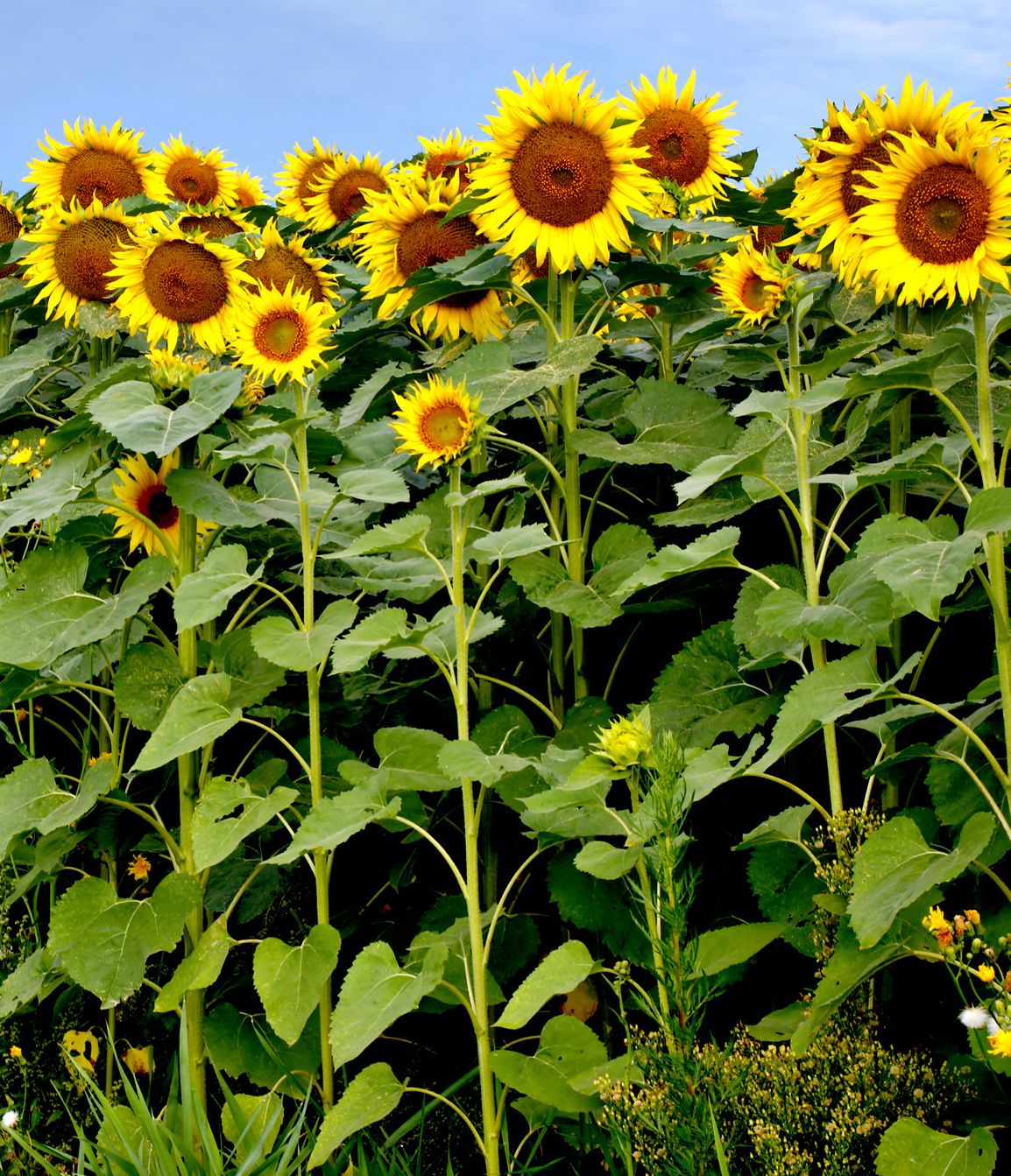
- Thyme: Thyme is a fragrant herb that can help to deter pests, such as mosquitoes and moths. It also helps to improve the flavor of elderberry syrups and teas.
- Yarrow: Yarrow is a flowering plant that can help to attract pollinators and improve the drainage of the soil around the elderberry plant. It also helps to deter pests, such as Japanese beetles and aphids.
Conclusion:
By planting companion plants with elderberry, you can help to improve the health, productivity, and pest resistance of your elderberry plant. When choosing companion plants, it is important to consider the plant's needs in terms of sunlight, water, and soil type. Additionally, some companion plants can help to deter pests and diseases, while others can improve the overall health and productivity of the elderberry plant.
Elderberries are a versatile and beneficial plant that can be grown in a variety of settings. When choosing companion plants for elderberries, it is important to consider the plant's needs and preferences. Some good companion plants for elderberries include:
- Yarrow: Yarrow is a flowering plant that can help to deter pests and attract beneficial insects.
- Clover: Clover is a nitrogen-fixing plant that can help to improve the soil quality around elderberries.
- Bee balm: Bee balm is a flowering plant that attracts pollinators, which can help to increase the yield of elderberries.
- Winterberry: Winterberry is a deciduous shrub that can provide winter interest and attract birds.
- Blueberry: Blueberry is a shrub that can grow in acidic soil, which is similar to the soil conditions that elderberries prefer.
For more information about companion plants for elderberries, please visit Home Gardening.
FAQ of companion plants for elderberry
- What are some good companion plants for elderberries?
Some of the best companion plants for elderberries include:
Gooseberries: Gooseberries are a good companion plant for elderberries because they attract pollinators, which help to increase the yield of elderberries. They also help to deter pests, such as aphids and spider mites.
Winterberries: Winterberries are another good companion plant for elderberries. They are similar in height to elderberries and can help to provide shade, which elderberries prefer. Winterberries also attract birds, which can help to control pests.
Raspberries: Raspberries are a good companion plant for elderberries because they both attract pollinators and deter pests. They also help to improve the soil conditions around elderberries by adding nitrogen.
Blueberries: Blueberries are a good companion plant for elderberries because they have similar growing requirements. They both prefer full sun or partial shade and well-drained soil. Blueberries also help to attract pollinators and deter pests.
Walnut trees: Walnut trees are a good companion plant for elderberries because they help to improve the soil conditions around elderberries. Walnut trees release a substance called juglone, which can inhibit the growth of some plants. However, elderberries are not affected by juglone, so they can benefit from the improved soil conditions created by walnut trees.
What are some plants that should not be planted near elderberries?
There are a few plants that should not be planted near elderberries, including:
Apple trees: Apple trees and elderberries are incompatible plants. If planted too close together, they can stunt each other's growth.
Tomatoes: Tomatoes and elderberries can compete for nutrients, so it is best to avoid planting them near each other.
Nightshades: Nightshades, such as potatoes and eggplants, are related to elderberries and can be toxic if ingested. It is best to avoid planting them near elderberries.
How far apart should elderberries be planted?
Elderberries should be planted at least 6 feet apart. This will give them enough space to grow and spread without crowding each other.
- What kind of soil do elderberries need?
Elderberries prefer well-drained soil that is rich in organic matter. They can tolerate a wide range of soil pH levels, but they prefer a slightly acidic soil (pH 5.5-6.5).
- When should elderberries be planted?
Elderberries can be planted in the spring or fall. If planting in the spring, do so after the last frost. If planting in the fall, do so so that the plants have time to establish themselves before the ground freezes.
- How do I care for elderberries?
Elderberries are relatively low-maintenance plants. They need regular watering, especially during the first year after planting. They also benefit from a light application of fertilizer in the spring. Elderberries do not need to be pruned, but you can remove any dead or diseased branches as needed.
Image of companion plants for elderberry
- Yarrow (Achillea millefolium) is a hardy perennial that can help to repel pests and diseases from elderberry plants. It also attracts beneficial insects, such as ladybugs and lacewings.
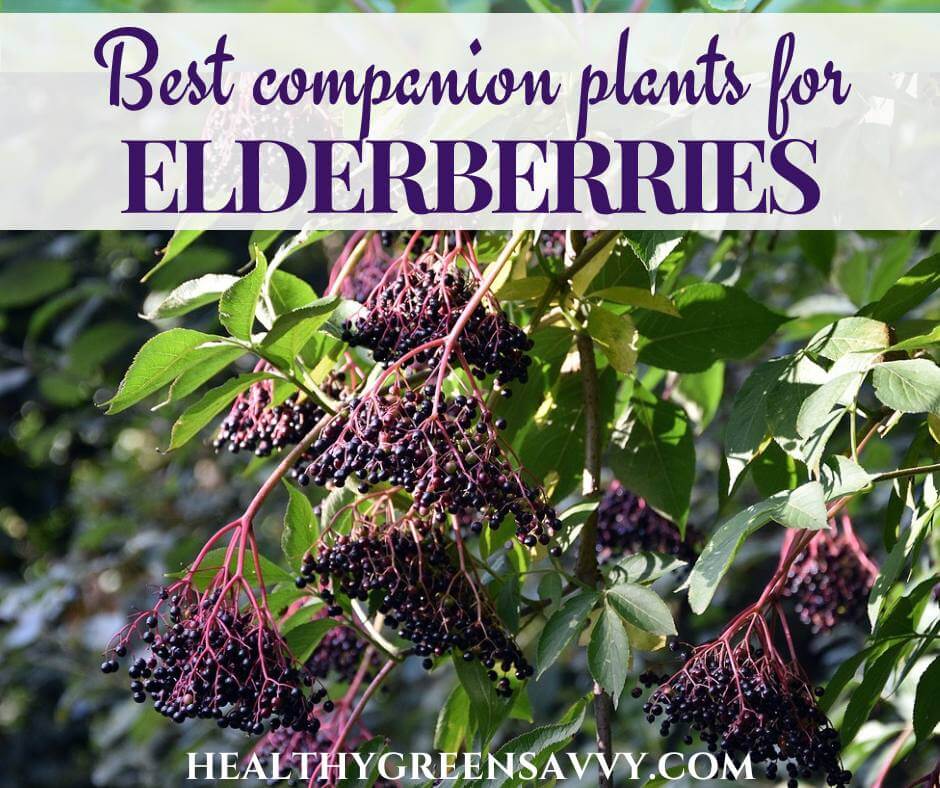
- Coneflower (Echinacea purpurea) is another hardy perennial that can help to deter pests and diseases. It also blooms in the same season as elderberry, providing a splash of color to the garden.

- Marigold (Tagetes spp.) is a annual herb that is known for its insect-repelling properties. It can help to keep pests away from elderberry plants, and it also adds a touch of color to the garden.

- Lavender (Lavandula spp.) is a Mediterranean herb that is known for its sweet fragrance and its insect-repelling properties. It can help to keep pests away from elderberry plants, and it also adds a touch of elegance to the garden.
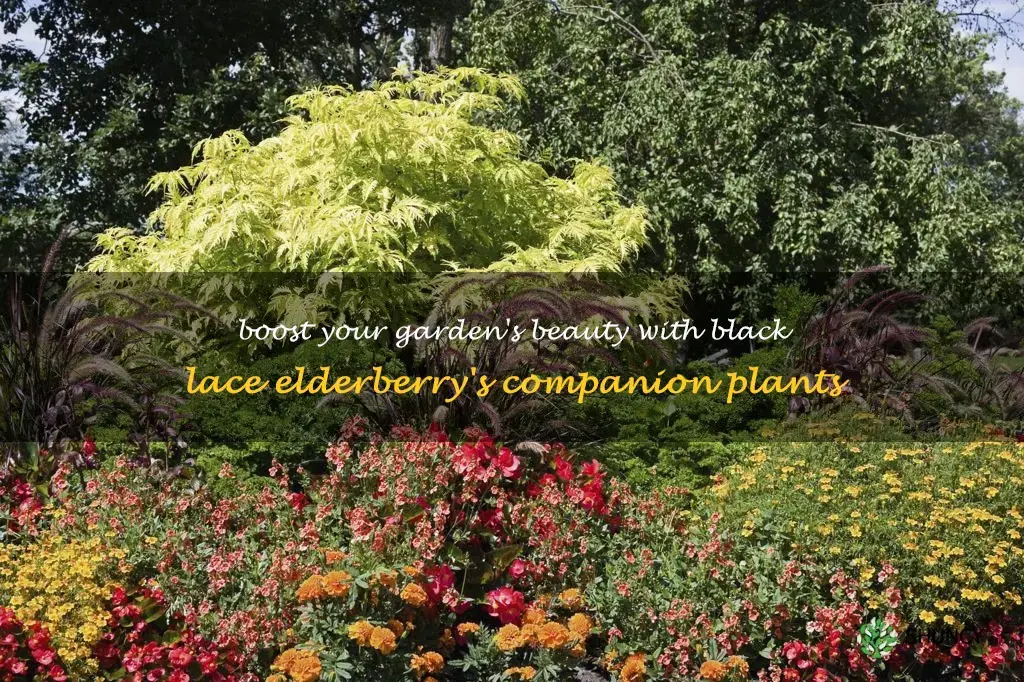
- Bee balm (Monarda spp.) is a North American native herb that attracts beneficial insects, such as bees and butterflies. It can help to pollinate elderberry plants, and it also adds a touch of color to the garden.

- Goldenrod (Solidago spp.) is a North American native wildflower that blooms in the fall. It attracts beneficial insects, such as bees and butterflies, and it also provides food for migrating birds.

- Chives (Allium schoenoprasum) is an edible herb that can help to repel pests from elderberry plants. It also blooms in the spring, providing a splash of color to the garden.
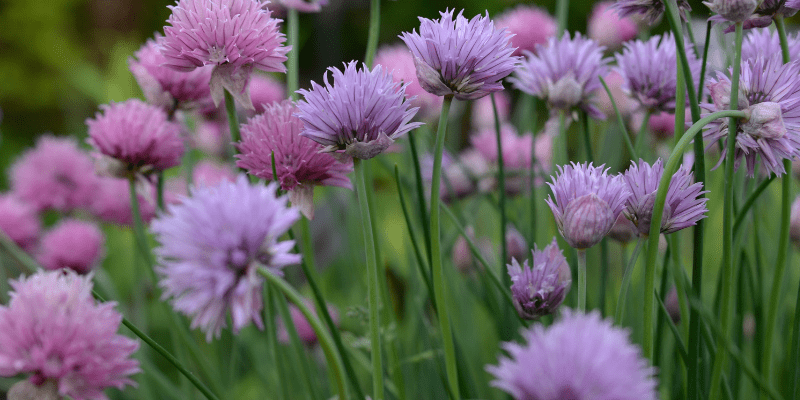
- Garlic (Allium sativum) is another edible herb that can help to repel pests from elderberry plants. It also blooms in the spring, providing a splash of color to the garden.
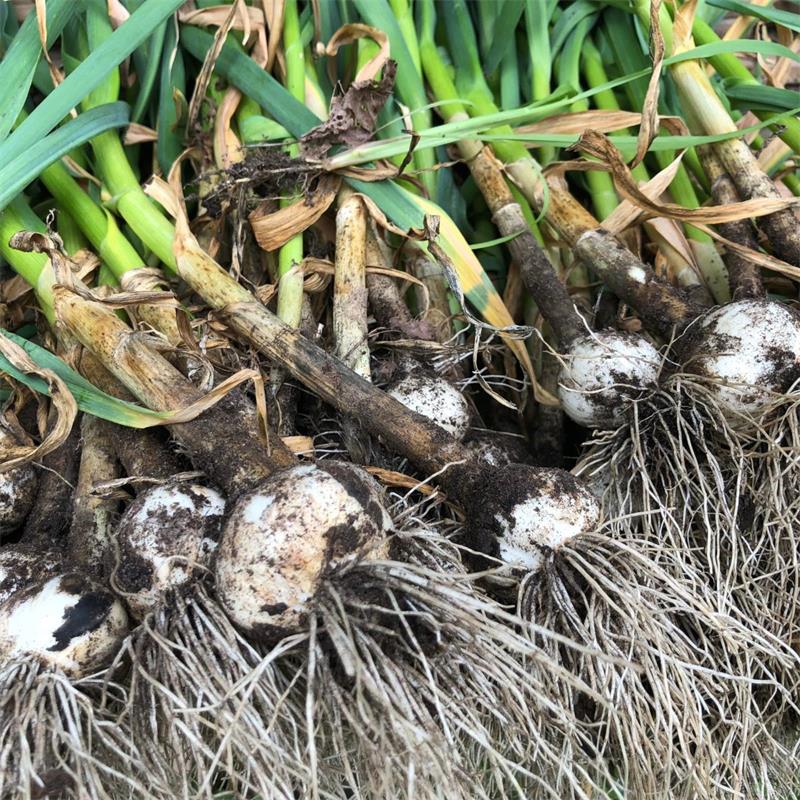
- Thyme (Thymus vulgaris) is a Mediterranean herb that can help to repel pests from elderberry plants. It also blooms in the summer, providing a touch of elegance to the garden.
- Rosemary (Rosmarinus officinalis) is a Mediterranean herb that can help to repel pests from elderberry plants. It also blooms in the summer, providing a touch of elegance to the garden.

Post a Comment for " Best Companion Plants For Elderberry"